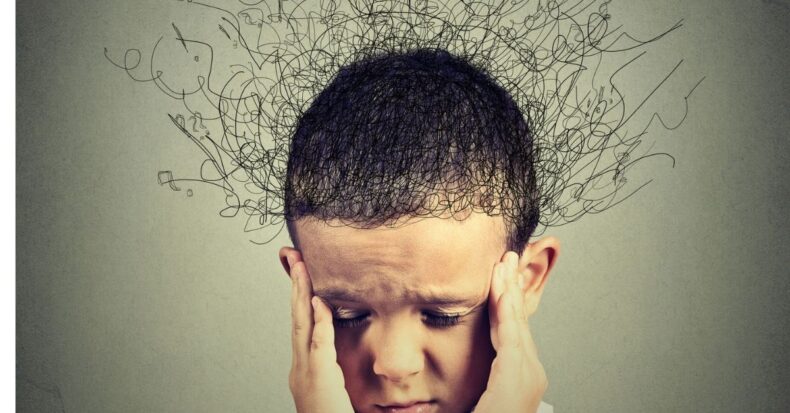Depression is a mood disorder that causes a persistent feeling of sadness and loss of interest..Also called major depressive disorder, it affects how you think, feel and behave and can lead to a variety of emotional and physical problems. You may have trouble doing normal day to day activities, and sometimes you may feel as if life isn’t worth living.
Symptoms:
. Feelings of sadness, tearfulness, emptiness or hopelessness.
. Angry outbursts, irritability, frustration, even over small matters.
. Loss of interest or pleasure in most or all normal activities, such as hobbies, sports etc.
. Sleep disturbances, including insomnia or sleeping too much.
. Tiredness and lack of energy.
. Anxiety, agitation or restlessness.
. Feeling of worthlessness or guilt, fixed on past failures.
. Trouble thinking, concentrating, making decisions and remembering things.
. Frequent thoughts of death and suicide.
Causes:
. Biological Differences:
People with depression appear to have physical changes in their brains.
. Brain chemistry
Neurotransmitters are naturally occurring brain chemicals that likely play a role in depression.
. Hormones
Changes in the body’s balance of hormones may be involved in causing or triggering depression. Hormone changes may occur in menopause, thyroid and after delivery.
There are factors that may increase risk of depression:
1) Certain personality traits, such as low self esteem and being too dependent.
2) Physical or sexual abuse
3) Blood relatives with a history of depression, bipolar disorder, alcoholism or suicide.
4) Abuse of alcohol or recreational drugs.
5) Serious or chronic illness like cancer.
Treatment:
Medications and psychotherapy are effective for most people with depression. A primary care doctor or psychiatrist can prescribe medications to relieve symptoms.
Psychotherapy:
Psychotherapy is also called talk
therepy or psychological therepy.
Different types of psychotherapy such as cognitive behavioral therepy or interpersonal therepy can be helpful for the Patient. Psychotherapy can help one:
. Adjust to a crisis
.Identify negative beliefs and behaviors and replace them with positive ones.
. Regain a sense of satisfaction and control in your life.
. Identify issues that contribute to your depression and change behaviors that make it worse.
. Develop the ability to tolerate and accept distress using patience.
Hospital Stay For Depression:
In some people, depression is so severe that a hospital stay is needed. This maybe necessary if you can’t care for yourself properly or when you are in immediate danger get of harming yourself or someonelse. Psychiatric treatment at a hospital can help keep you calm and safe until your mood improves.
Conclusion:
Depression can be cured by alternative therepy also. Alternative therepy encompasses a variety of disciplines that include diet lifestyle and exercise.
Example:
Herbal remedies
Massage
Yoga
Meditation
Guided imagery and
Acupuncture
.
,
,
,


Read More – Pollution and Genetic Factors Elevate Risk of Depression: Air Study












